After Mahindra and Mahindra, another Indian company, TVS Group, has taken a leap into the electric vehicles industry. The Madurai-headquartered diversified industrial conglomerate has reportedly accepted an order from global EV manufacturer Tesla to supply vital car parts.
As part of the deal, TVS Group-owned auto component maker, Sundram Fasteners, will be providing Tesla with radiator caps as well as key parts in gear transmission. The development marks the company’s first steps into the booming electric vehicles market.
Suresh Krishna, Chairman and Managing Director of Sundram Fasteners, stated, “We knew this was coming. Even in 2030, the prognosis is that only 8% of the vehicles in the world will be electric, but that will be the inflection point. Around 2040, that ratio will jump to 30-40% and anybody in the auto-component industry has to take that into account.”
In an interaction with ET, Krishna confirmed that the partnership with Tesla has been going on for several months now. In addition to radiator caps, TVS Group-operated company has been supplying surge tank caps that help protect the coolant and bevel gears, special tooth-edged components that are mounted on the shafts in the car’s gear system.
Speaking about the company’s future plans when it comes to electric vehicles, Krishna added, “Any investment or project needs to stand a test: ‘Will this be electric-vehicle compatible’. By 2030, or around that time, nearly 15% of my business would have been reinvented to reflect this transition.”
Among the areas that TVS Group and its subsidiaries are looking to focus on are advanced battery technology, charging infrastructure, cost of ownership of EVs as well as other “relatively green” forms of transport.
Tesla Eyeing A Piece Of The Indian Booming Electric Vehicles Market
Started in 2003 by Martin Eberhard and Marc Tarpenning, along with Elon Musk, JB Straubel and Ian Wright as co-founders, Tesla is a California-based automaker, energy storage company and solar panel manufacturer. The company’s Model S is touted as one of the world’s best-selling electric cars.
Till date, Tesla has come up with three car models: Model S, Model X and Model 3. Some of its future models include 2020 Roadster and Tesla Semi.
In September this year, the automotive giant filed a patent for a new battery swapping robot that can lift a vehicle and change its battery pack for a new one in just 15 minutes. The technology, Musk claimed, would slash the time taken to charge EVs fully.
However, this was not Tesla’s first attempt to make the charging process faster and more accessible. In a 2013 demonstration, Musk showed off technology that could swap out Model S battery packs in just 90 seconds. But that seemed to be shelved as the Supercharger network started rolling out.
The company has been keen on entering the Indian market for a long time now. In February 2017, Musk announced plans to introduce Tesla products in summer 2017 in India. A prototype of Tesla Model 3 was originally launched in April 2016 in California. At the time, some of the renowned faces of the Indian tech startup ecosystem – Paytm’s Vijay Shekhar Sharma, venture capitalist Mahesh Murthy; GOQii’s Vishal Gondal, and Voonik’s Sujayath Ali – were the first in line for pre-bookings.
In May this year, however, it was reported that the electric carmaker’s India launch had been delayed due to sourcing issues in the country, with Musk stating in a tweet that the delay was the result of strict local sourcing guidelines and supply issues. A day later, the Indian government released a note on Twitter, refuting the earlier reasons given by the Tesla co-founder.
In June, Tesla once again initiated talks with the Indian government, seeking “temporary relief on import penalties/restrictions until a local factory is built.”
Most recently in September, the electric vehicles manufacturer reached out to the government for entry into the country’s EV market through the single-brand retail route. The single retailer route includes mandatory sourcing of up to 30% of the value of goods sold within the country.
With the Indian government trying to make the country a 100% electric vehicle nation by 2030, the country’s electric vehicles sector has undergone dramatic growth in recent years. According to the Society of Manufacturers of Electric Vehicles, there has been a 37.5% rise in the sale of EVs in the country. Through its partnership with TVS Group and Sundram Fasteners, Tesla is likely looking to leverage the market’s growth to procure electric car components at low costs.



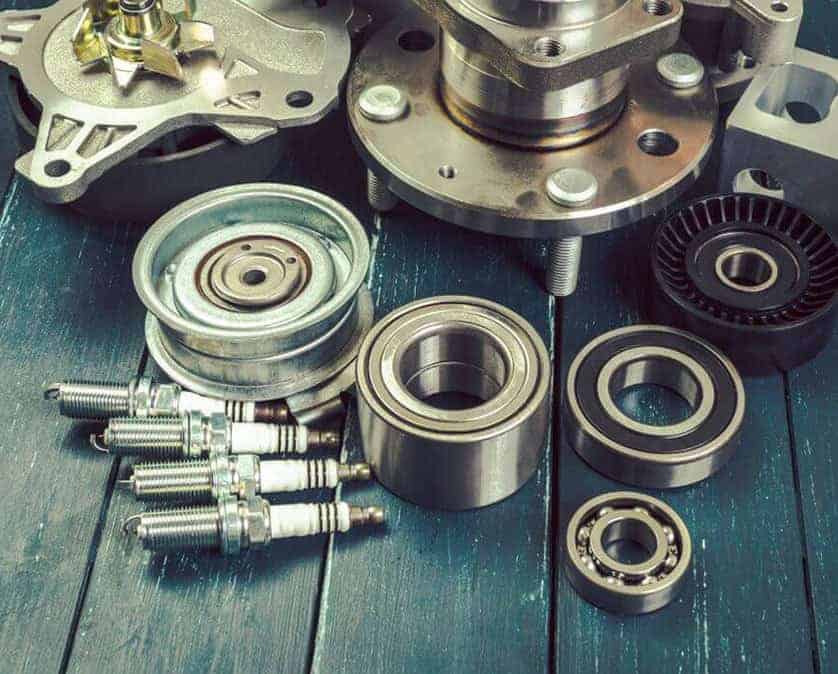
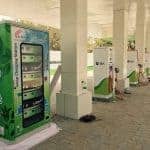







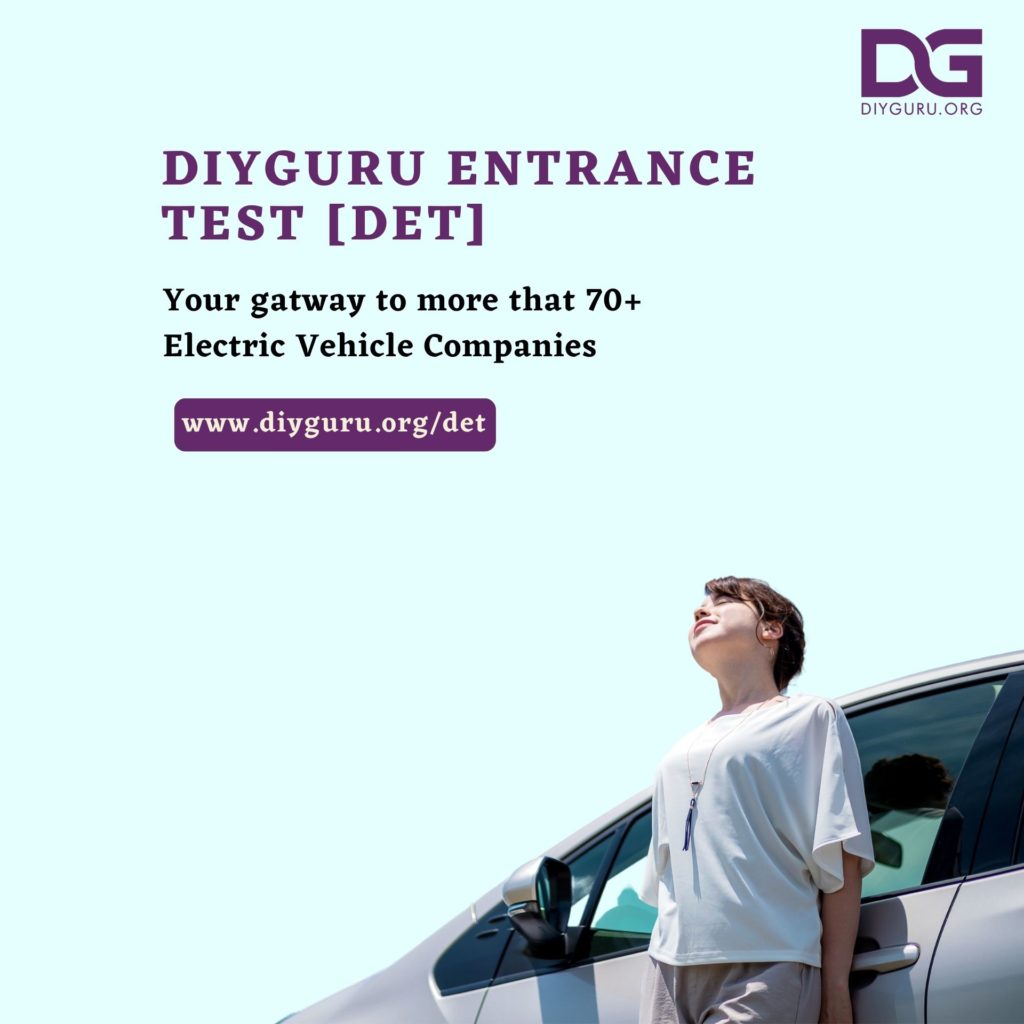
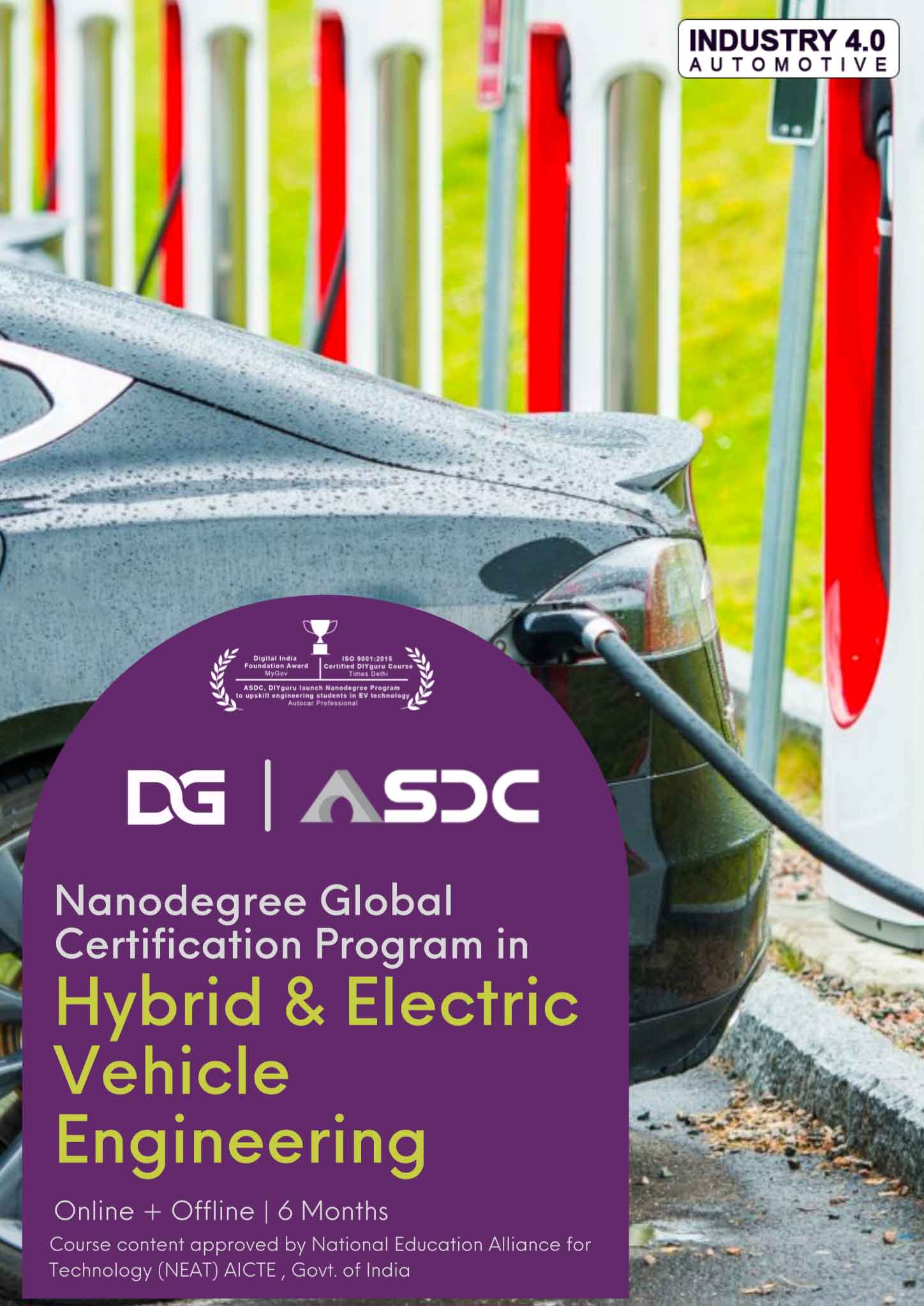
 Course work & interactions are 100% online.
Course work & interactions are 100% online.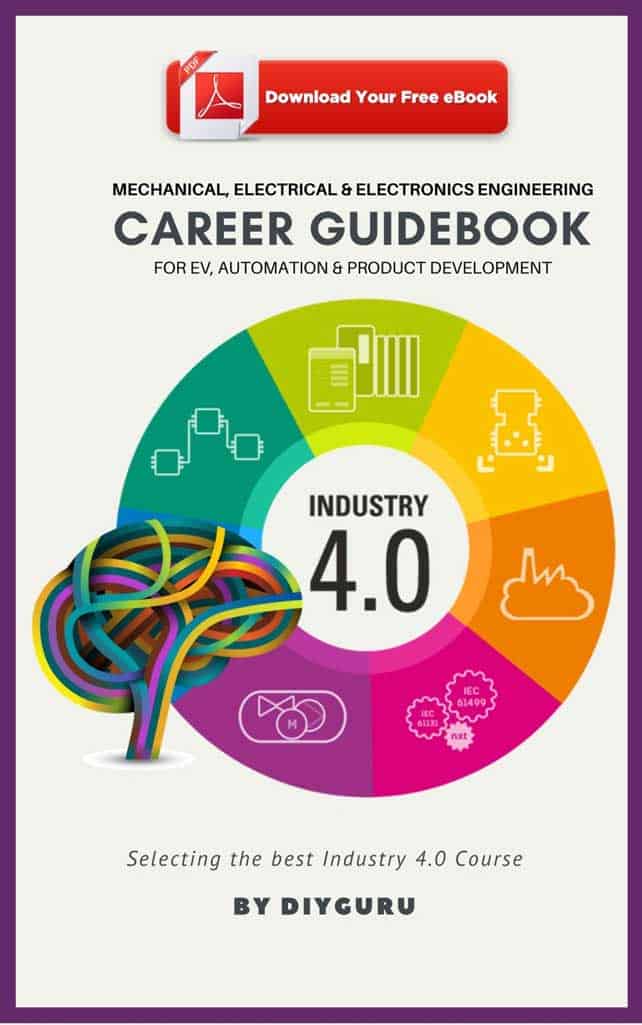
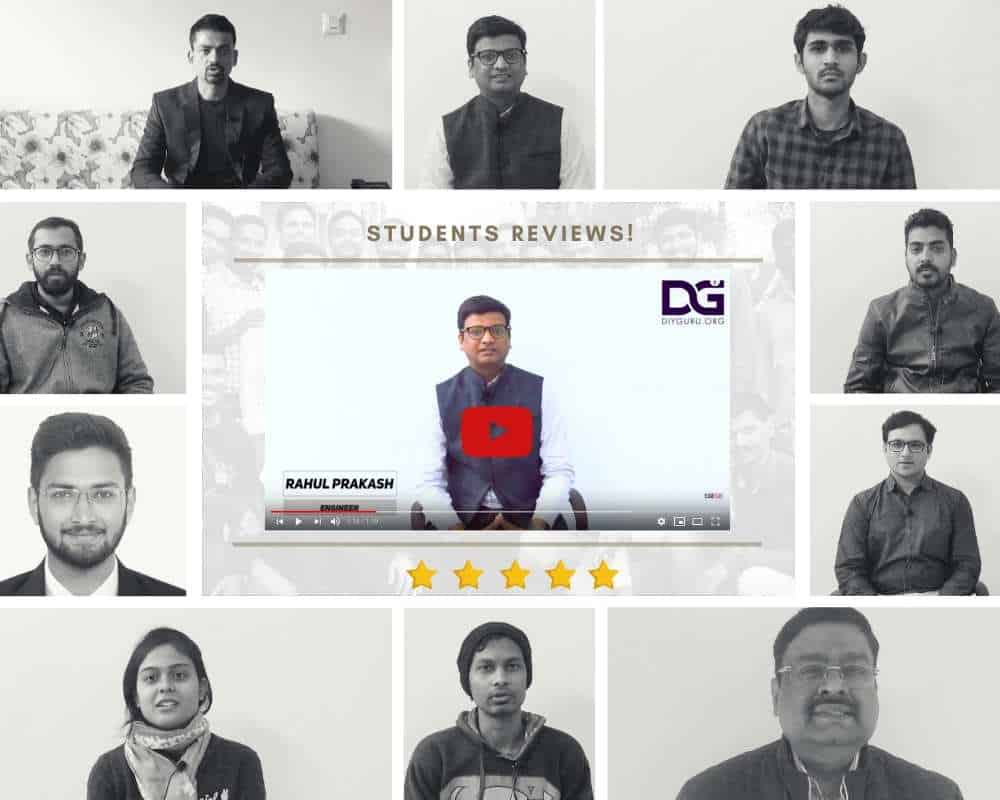











0 responses on "TVS Group Kickstarts Its Electric Vehicles Drive With Tesla"